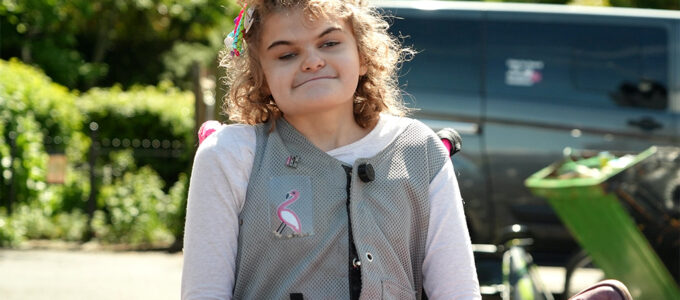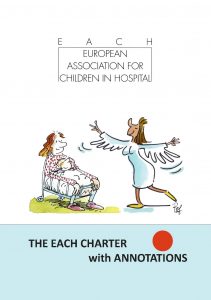
Today the BBC is covering news of disabled people who have been forgotten during COVID. Disability news producer, Ruth Clegg, reports that thousands of deaf and disabled people across the UK have told the BBC of the devastating impact the pandemic has had on their lives. Most said their disability had worsened and more than 2,400 said routine, often vital, medical appointments had been cancelled.
Commenting on the research, Helen Forrest, Chief Executive of Children’s Health Scotland said: “I understand that more than 3,300 people took part in the research carried out by the BBC and the results certainly mirror some of what we have been told by the children and young people we support. The right of every child and young person to the best possible health hasn’t disappeared during the COVID-19 pandemic and from its commencement we have been concerned to learn that some parents and carers delayed seeking medical attention or were understandably worried about accessing healthcare.
“Our message relating to the health and wellbeing of children and young people has remained the same. If you are at all worried about your child’s health – be it their chronic condition or something new which you are not sure of – our advice is please do not hesitate to get them the help they need by calling your GP, getting advice from NHS 24 by calling 111, or calling 999 in an emergency. Every child has the right to the best possible health.”
The BBC highlights fourteen-year-old Josselin who has a rare genetic condition, which means she has hearing loss, a vision impairment, can’t walk or talk and is fed through a tube. Her family, who live in Wiltshire, have a vital network of services they rely on to keep her well – physiotherapy, speech and language therapy, occupational therapy, respite care. All of that stopped in March 2020.
“Josselin really struggled. She just shut down,” says her mother, Karen Tilley. “I never thought [she] would suffer from depression like that. After about a month she started pulling her hair out and picking at her skin, she had cuts all over her arms.”
Lack of support
Josselin was prescribed anti-depressants and anti-psychotic medication. She was also given prescription drugs like diazepam to cope with the pain she was having in her hips and her spine because of a lack of physiotherapy.
“Suddenly she was put on all these new medications. There was just no support for us at all – it was horrendous.”
At the beginning of this year, Josselin’s dad Lee, 43, caught Covid-19. He spent five weeks on a ventilator in intensive care. Lee is back home making small and slow steps to, the family hope, a full recovery. But the difference between the support he is offered and the treatment his daughter receives is stark.
His calendar is full of medical appointments. He has an occupational therapist, a physiotherapist, and he has been sent equipment to help him regain his mobility.
But for Josselin, her cochlear implant, which needs retuning every few months, has not been checked for nearly two years. Her last eye test was over the phone, she’s not had any face-to-face physiotherapy since March 2020, and her walking frame no longer fits.
“It feels like it’s because she’s disabled so it’s not worth bothering with,” says Karen. “She’s not ever going to walk and talk so they just don’t bother with her.”
To read more about Josselin and the analysis of the BBC research by Nikki Fox, Disability correspondent, CLICK HERE.
